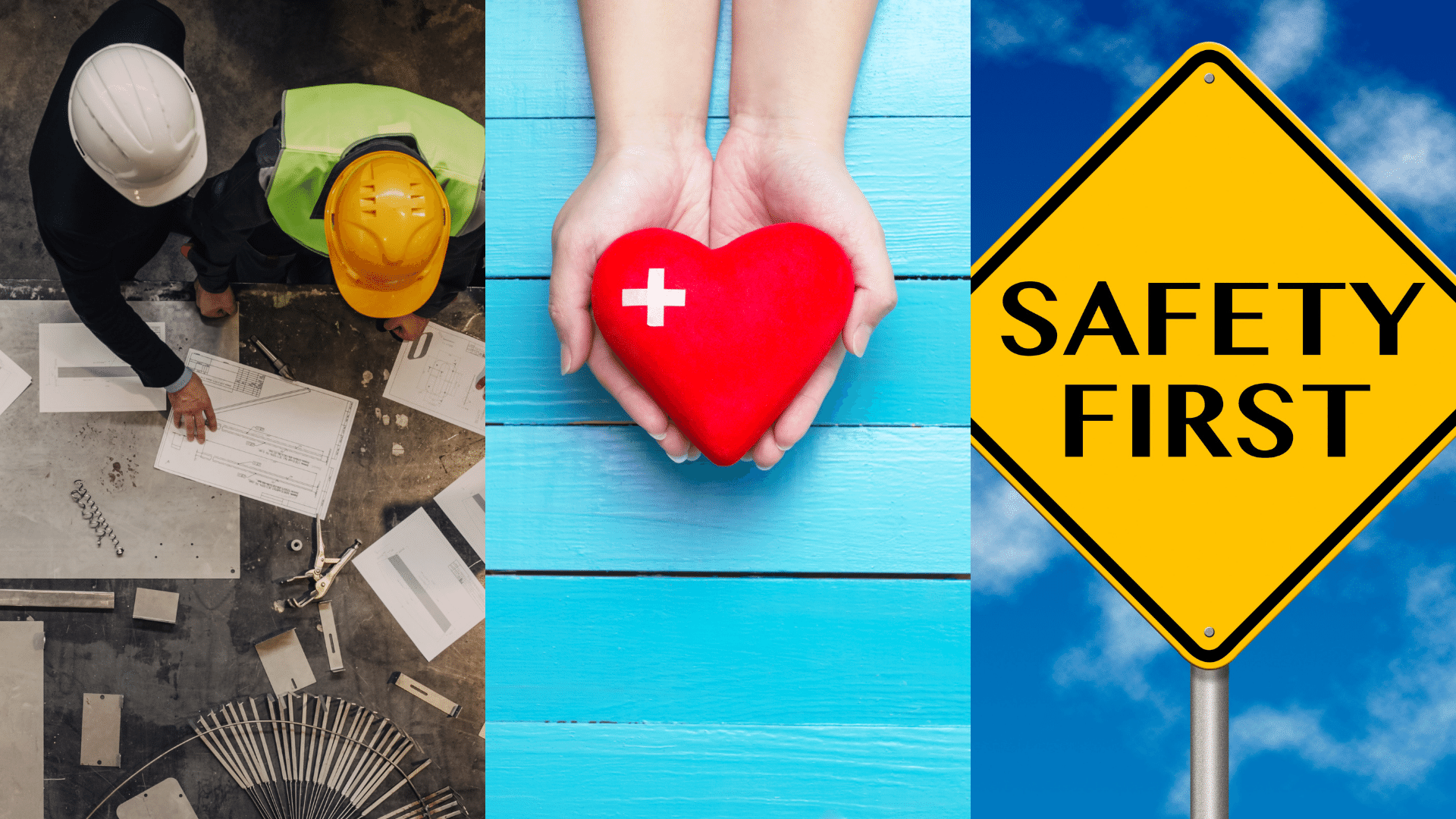Keeping employees safe should always be a top priority for every business. A safe workplace not only protects people from injury but also builds trust, boosts morale and improves overall productivity. In high-risk industries like construction, transport, manufacturing, healthcare and mining, this is even more important. One of the most effective ways to manage safety risks is through regular occupational health checks.
These health checks help identify any medical issues that could make it unsafe for someone to perform their job. Whether it’s reduced vision, respiratory issues or a physical limitation, knowing about potential risks in advance can prevent accidents before they happen. Occupational health checks work alongside other safety measures such as training, equipment checks and emergency procedures to create a well-rounded safety culture.
What Are Occupational Health Checks?
Occupational health checks are medical assessments designed to measure a worker’s fitness for a specific role. These checks help determine whether an employee is physically and mentally able to perform their job without risk to themselves or others. The assessments are usually carried out by trained occupational health professionals and are tailored to the nature of the work being performed.
These checks can include:
- Vision and hearing assessments
- Respiratory and cardiovascular health checks
- Musculoskeletal evaluations
- Drug and alcohol testing
- Mental health screening
- Functional capacity assessments
They may be done as part of pre-employment screening, after an injury, before returning to work, or at regular intervals to monitor health over time. In the same way that workplace flu vaccinations protect employees from seasonal illness, occupational health checks protect teams from injuries and long-term harm by spotting problems early.
Preventing Workplace Accidents Before They Happen
Many workplace accidents can be prevented with early detection of health issues. For example, a driver with reduced vision could pose a major risk on the road. A worker with balance issues may be more likely to fall. Someone with untreated respiratory conditions might struggle in a dusty or high-exertion environment.
Occupational health checks help identify these risks and provide employers with the information they need to manage them effectively. This might include reassigning tasks, providing assistive equipment or supporting an employee with treatment or rehabilitation.
In this way, occupational health checks are a form of proactive risk management. Rather than reacting after an incident occurs, businesses can prevent injuries and downtime before they start.
Boosting Productivity and Reducing Downtime
When staff are fit and healthy, they’re more likely to stay focused, work efficiently and avoid injury. Health issues not only slow people down, but can also lead to unplanned sick leave, reduced performance and long recovery periods if an injury does occur.
Just like workplace flu vaccinations, occupational health checks help keep your workforce in good shape. Fewer injuries and illnesses mean less disruption to operations, fewer compensation claims and a more productive team overall.
Supporting Mental and Physical Health
Workplace safety isn’t just about physical hazards. Mental health plays a big role in how well employees perform and how safely they work. Stress, fatigue and anxiety can all affect judgement and reaction times, increasing the risk of accidents.
Some occupational health checks now include basic mental health screenings or referrals to support services. These checks give employers a better understanding of their team’s wellbeing and offer staff an opportunity to speak up before things get worse.
Combining physical and mental health checks creates a more holistic approach to workplace safety.
Meeting Legal and Industry Standards
Employers in Australia have a legal responsibility to provide a safe working environment under workplace health and safety laws. Failing to do so can result in penalties, legal action and reputational damage.
Occupational health checks help businesses meet these obligations by showing that they’ve taken reasonable steps to assess and manage risks. In some industries, regular health checks are not just recommended — they’re required. These include roles in mining, aviation, transportation, and roles that involve hazardous materials.
Staying compliant with health and safety laws also helps your business win contracts, attract top talent and build a positive reputation.
Customising Health Checks to the Role
Not all jobs require the same type of health checks. A desk-based role may only need basic screening, while a physically demanding job might require full functional testing.
Here’s how health checks can be tailored by role:
- Drivers: vision tests, reaction time, hearing and sleep disorder screening
- Construction workers: musculoskeletal assessment, drug and alcohol testing
- Office workers: posture assessment, mental health screening, eye strain evaluation
- Healthcare workers: immunisation records, infection risk assessment, respiratory testing
Working with an experienced occupational health provider ensures the checks are appropriate and legally compliant.
Encouraging a Culture of Safety
Offering occupational health checks shows that your business takes safety seriously. It sends a message to your team that their wellbeing matters and that their employer is willing to invest in their health. This helps foster a positive work culture where people feel supported and respected.
Staff who feel safe and valued are more likely to stay with the company, take fewer sick days and look out for one another. Safety becomes a shared value, not just a checklist.
Keeping employees safe is not just about rules and regulations — it’s about genuine care for the people who keep your business running. Occupational health checks play a vital role in accident prevention, injury reduction and long-term employee wellbeing.
Much like workplace flu vaccinations, they are a simple and effective way to promote health, reduce risk and support your team. Whether you run a small business or a large company, making occupational health checks part of your safety plan is a smart move.


